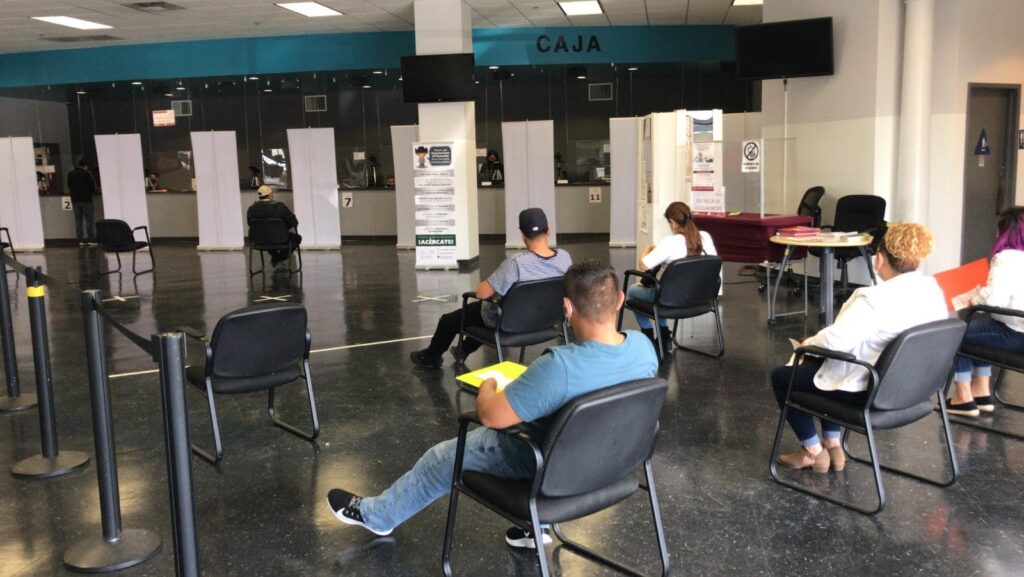
Following reports of the sale of appointments at Mexican consulates in the United States, the Ministry of Foreign Affairs (SRE) of Mexico presented specific measures in favor of free and professional consular care for Mexican citizens at the American university.
The head of the North America Unit, Roberto Velasco Varez, accompanied by the general director of Consular Protection and Strategic Planning, Maki Teramoto Sakamoto, and the general director of Consular Services, Jaime Vázquez Bracho, presented the progress of the strategy that the consular network in North America has implemented to combat corruption, particularly the sale of appointments at consulates.
Velasco was informed last week of the detection of two people involved in a dating scheme at the Mexican Consulate in Fresno. In this regard, the Mexican foreign minister has proceeded to a
